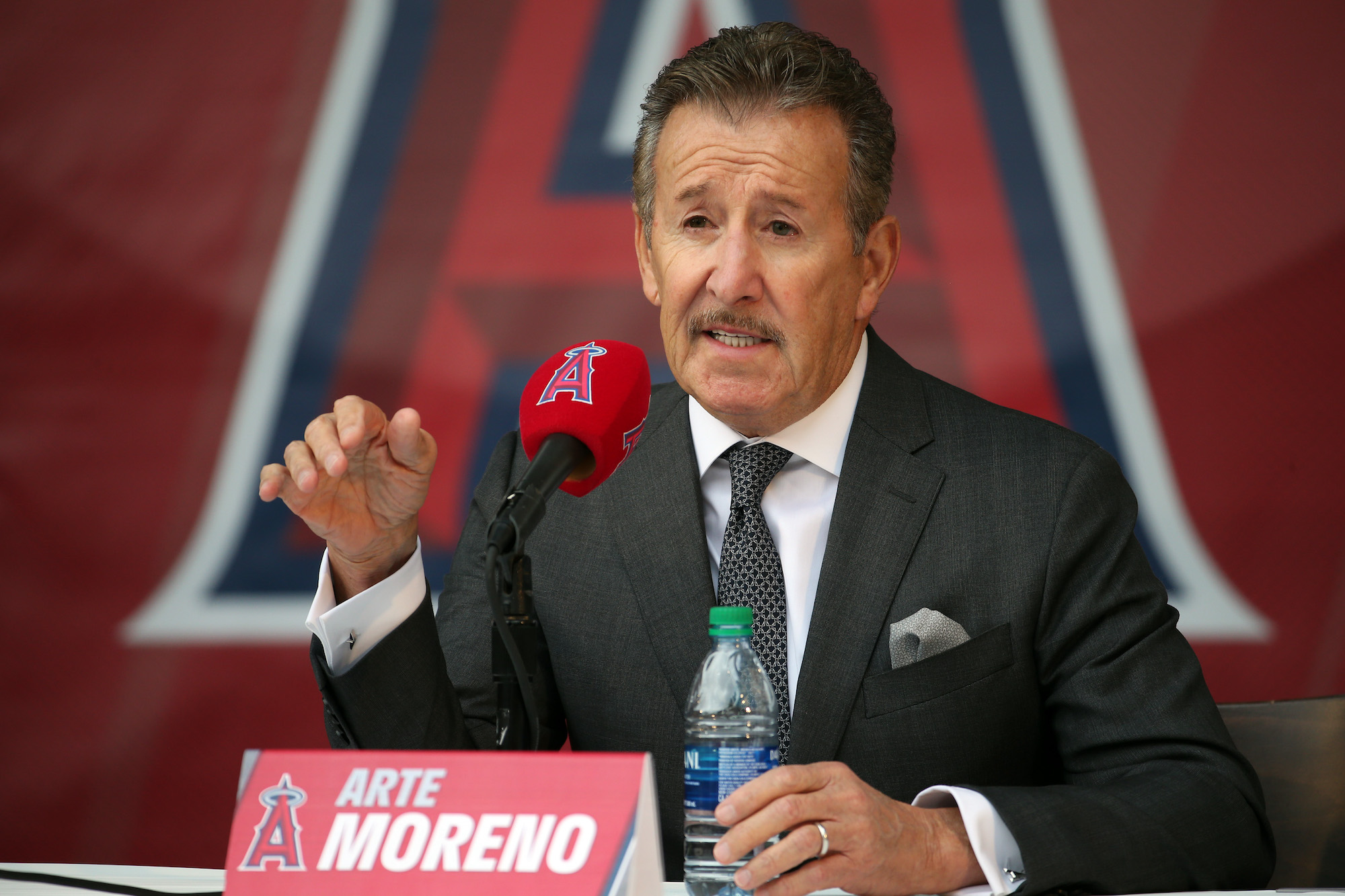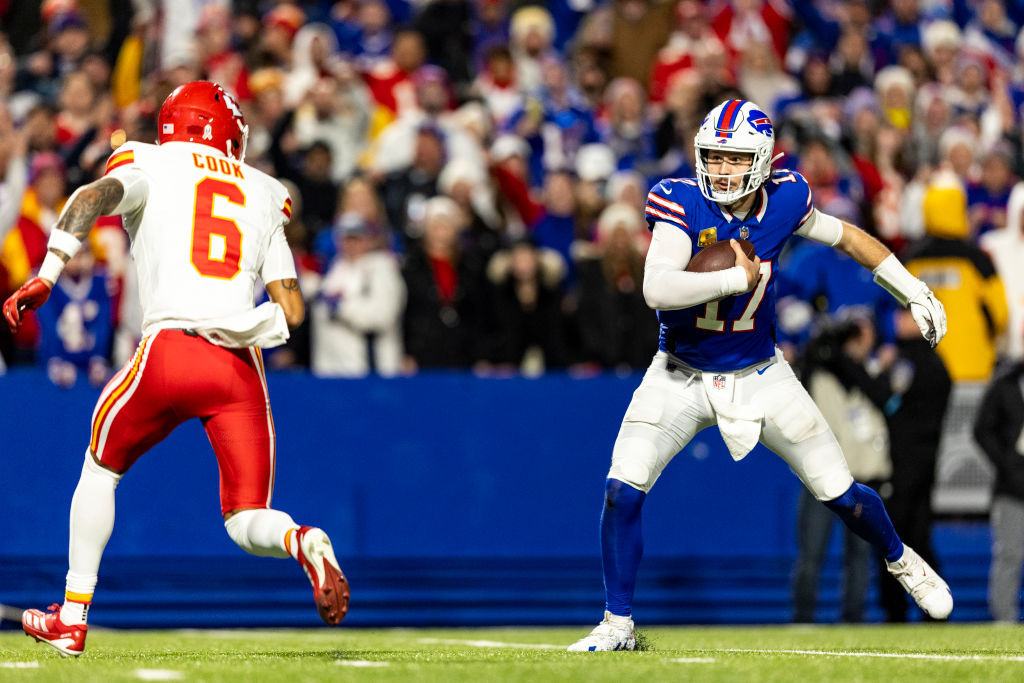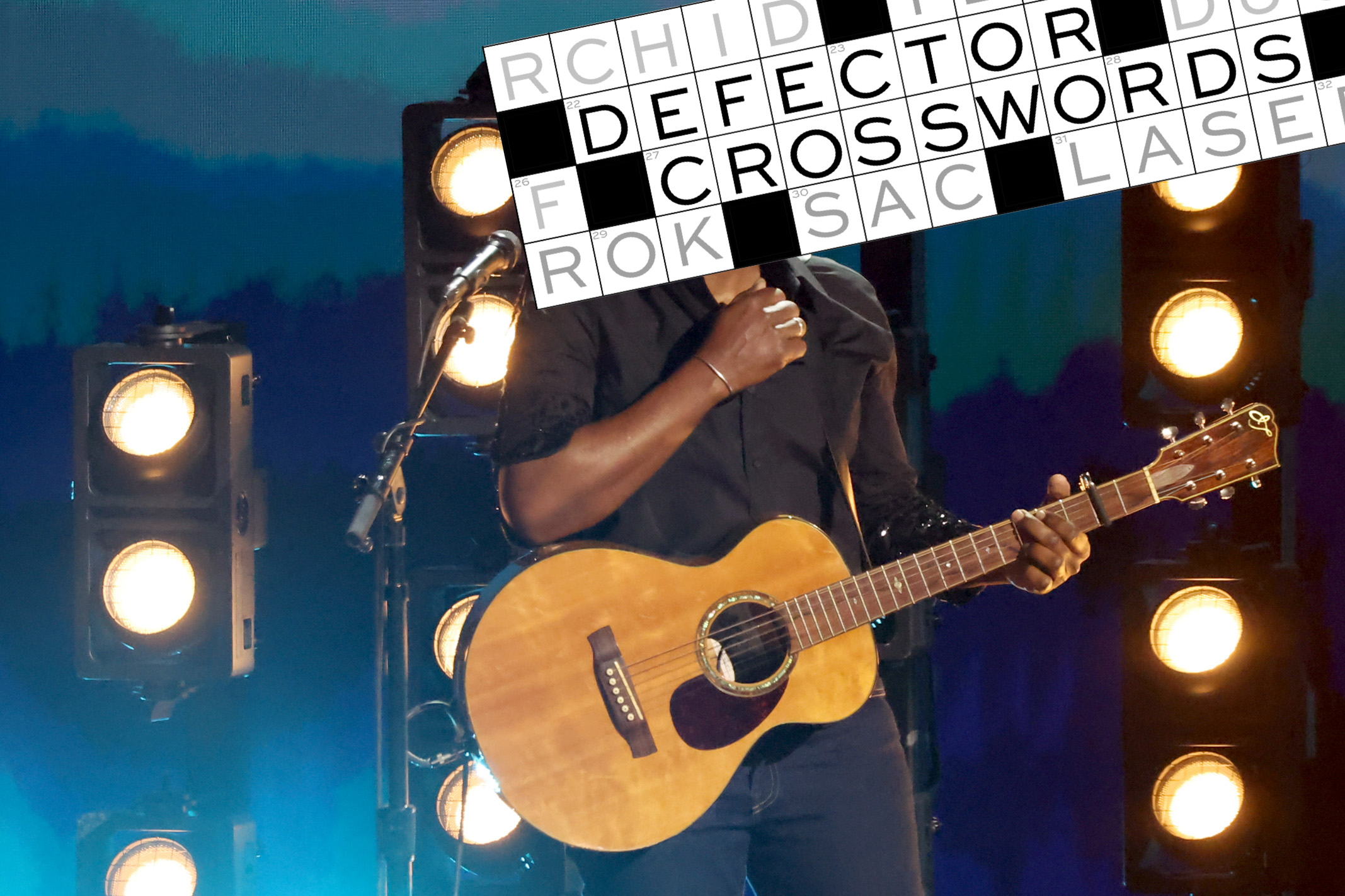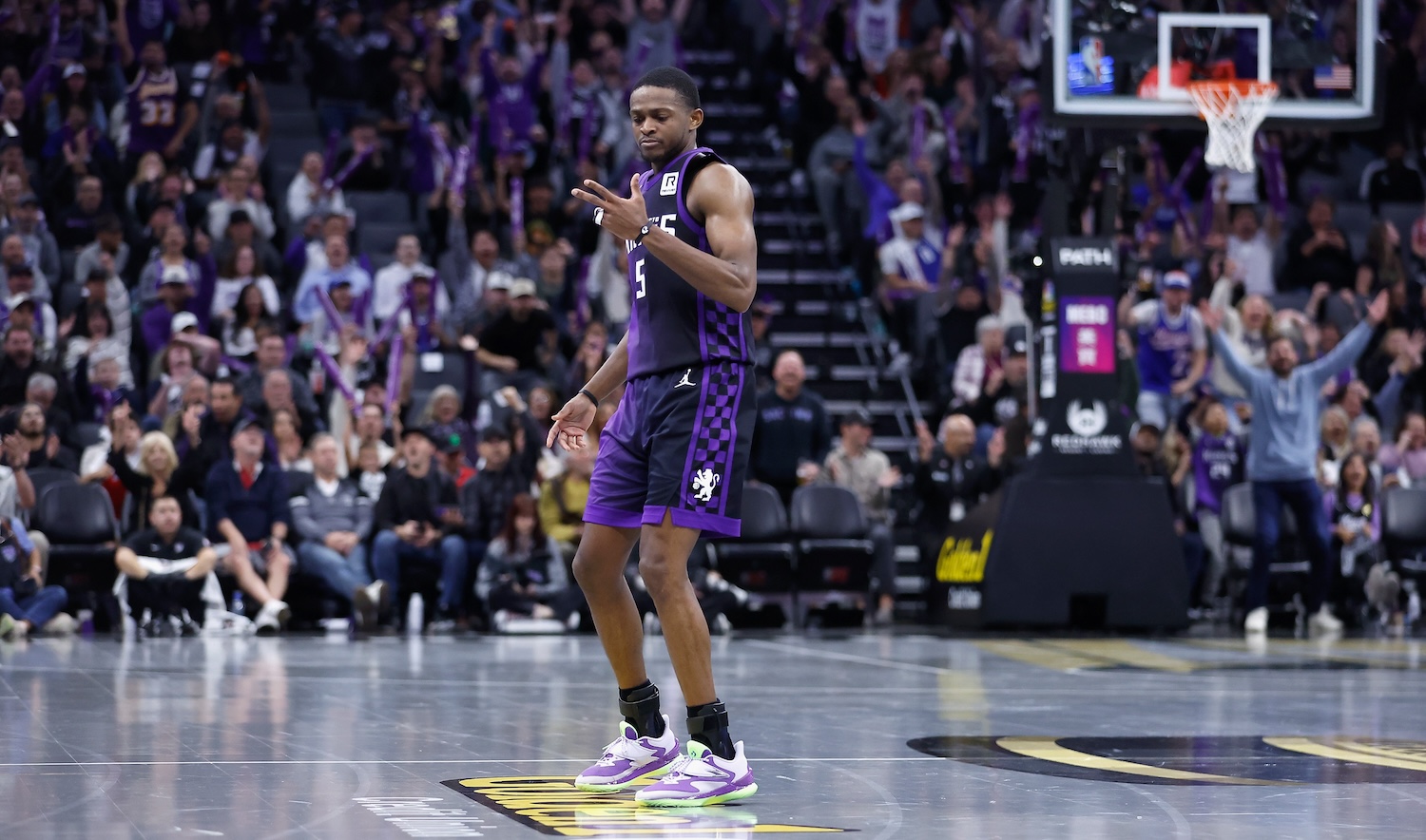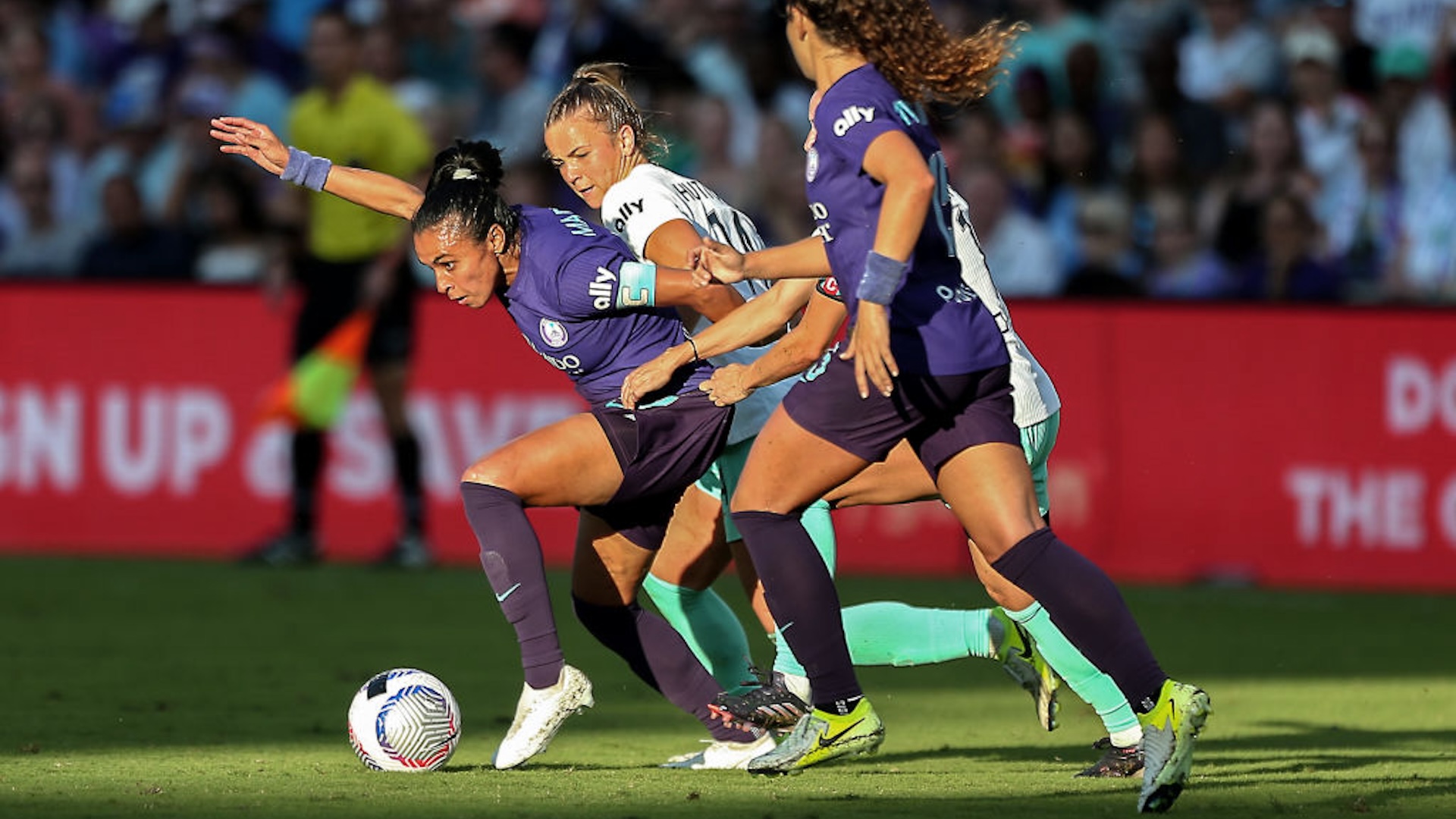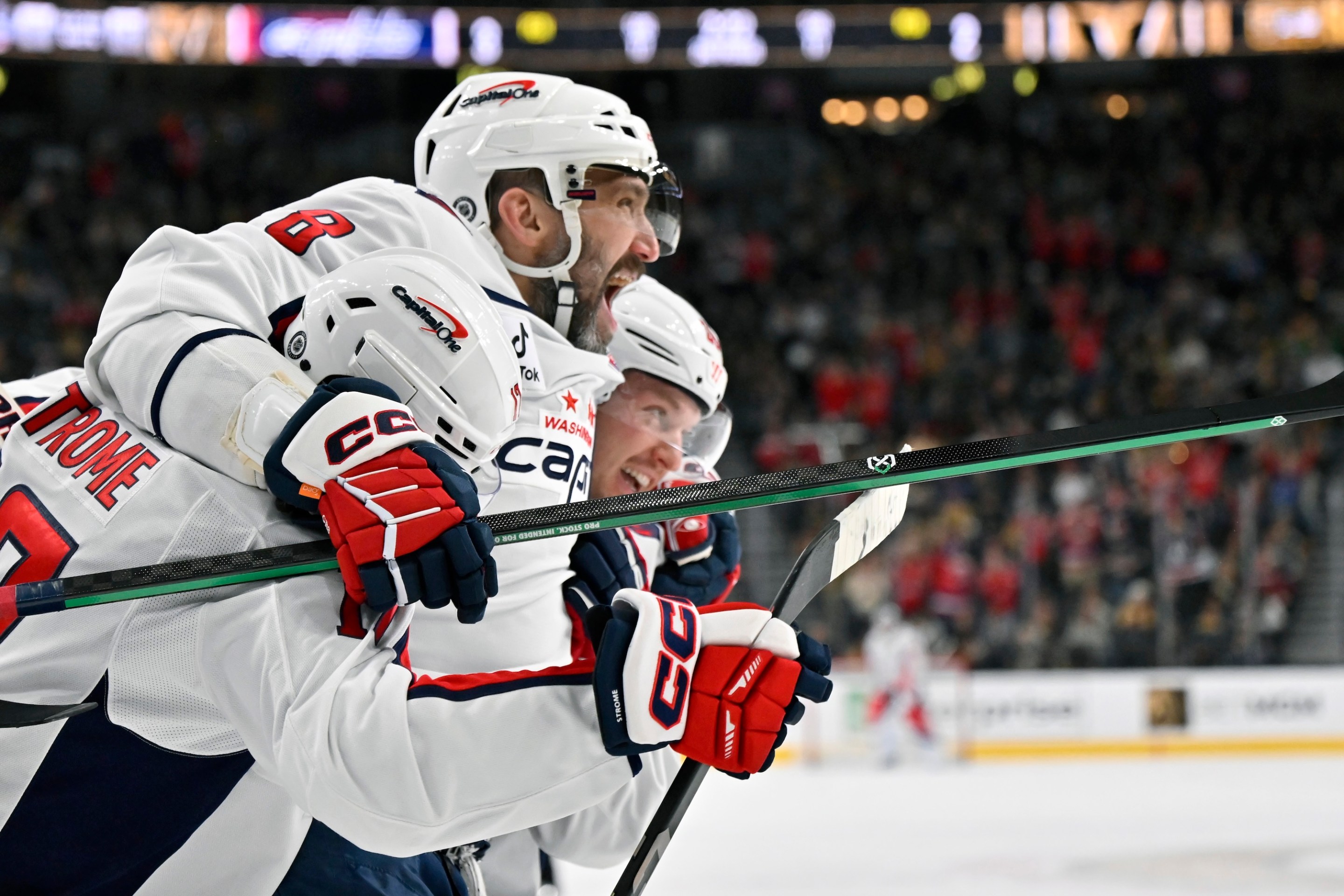Jay Jaffe of FanGraphs may not have put it best, but he was in the front row of the team photo when he tweeted his cheery note: “The Mike Trout hostage situation continues.”
Yes, Arte Moreno is keeping the Los Angeles Angels because he couldn't bear to abandon his dream of getting more money for his ballteam than the market sees fit to offer. Of course Moreno would have Angels fans believe that all this unfinished business, like Mike Trout's legacy and Shohei Ohtani's future and the validity of the Angels as a team of relevance, just weighed on him too much to give them up … without a hell of a lot more dough, anyway.
Today, the #Angels announced that the Moreno Family is ending the exploratory process to sell the team and will continue ownership throughout the 2023 Season and beyond. pic.twitter.com/aokYfba1Dp
— Los Angeles Angels (@Angels) January 23, 2023
That's the beauty of this particular development in the Desolation of Orange County—it's all so transparently mendacious. Moreno didn't hire Sal Galatiolo and his firm to look into Moreno's heart to discern how much he loved baseball but to slap a dollar sign on the muscle, to steal the phrase from the 1989 book of the same title. That he didn't find it means either that he had valued it too highly, by a lot, or that everyone else valued it too lowly. If the former, Moreno just misjudged the market, and that happens. Just look at Elon Musk and how he has energized Twitter into the upholstered sinkhole it is today.
But if this is the first sign that baseball valuations have hit a flat spot after decades of skyrocketing performance, you will hear the gentle clink of Rob Manfred's arteries hardening into tire chains. The whole idea of owning a sports team is that it is the kind of family financial plan that lasts until either the 27th century or until money is replaced as currency by turnips, and can even be occasionally be fun. Major League Baseball had record revenues of $10.8 billion in 2022, so Moreno never lost a dime from the moment he paid Disney $148M for the franchise. But he can't like the number of prospective dimes he thought he would make and now will likely never see.
In short, even if the Angels were only worth the $2.2 billion Forbes said they were last March, Moreno wins by a factor of 15, at only the cost of his public reputation as a skilled entrepreneur. The Angels under Moreno haven't had a winning record in seven years, haven't won a playoff game in 13, and are essentially known only for turning Trout into Mister Never October and are on the way to doing the same for Ohtani. That is almost certainly why Moreno looked for a sale in the first place: The money in running a team is sensational, but the money in cashing out is also sensational and in general you'd like not to be regarded as a figure of fun by perfect strangers and imperfect peers alike. And when whatever offers there were came up below Moreno's view of his metaphorical sweat equity, he did whatever any cocksure billionaire would do. He doubled down on his perceived ability to make his ownership worthy of his two most bankable stars, and will stay until someone sees the wisdom of paying him 2,000 percent of his investment rather than 1,500.
How this affects the way the Angels are run on a day-to-day basis ought to be fascinating, because the desire to win is almost never as great as the desire to max out the company. The Angels Moreno bought were coming off the team's one and only World Series, and since then have cast no discernible shadow. Money is one thing, but buying a team means an attempt to buy the love of strangers, and the Angels haven't earned anyone's love. Miami, Boston, both Chicagos, St. Louis, Philadelphia, New York, San Francisco, Kansas City, Houston, Washington, Los Angeles and Atlanta have had parades, and Detroit, Denver, Tampa, Texas, the other New York and Cleveland have come close. The Angels … just … are.
And now they're just undesirable. At least at Moreno's price. If that's karma for 20 years of no results, fine—it's the chance you take when you go on the block. But the longer this drags out, the less likely Moreno is going to be to invest more in a team he has come to view as less bankable benefit than onerous burden. And he will have to live with the fact that the best thing he ever did as an owner was lower beer prices, and that the worst thing he ever did was lower expectations for a good ending for the two best players he ever employed.
